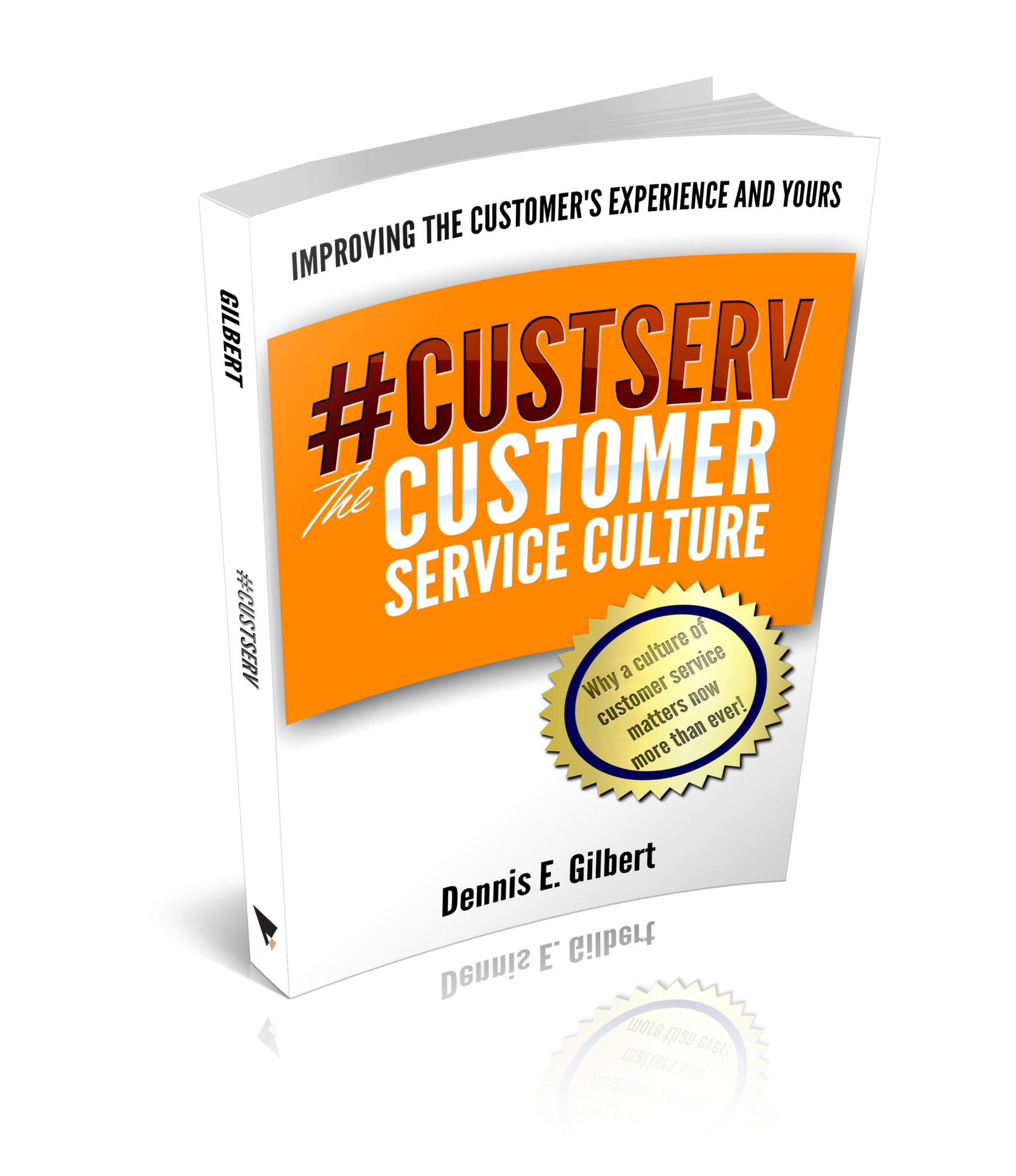
Why Your Brand Should Be Trusted Not Cheap
We live in an era where price is often the first question. Driving down costs is an important consideration, but to the manufacturer, distributor, or web sales kingpin is price what matters? Should your brand be trusted not cheap?
People often take pride in working hard for the lowest price. Drive to the cheapest gas station, shop at the store with the best coupons, and insist on free shipping. Society seems to like cheap and convenient, there are even bragging rights for those who achieve the lowest price.
We can argue about smart, but what about the business who offers cheap?
Owners, Managers, Employees
If you own a business, manage a business, a department, or team, or even if you place high value on your job or career you may want to consider the cost of cheap.
Businesses offer sales pricing, issue coupons, and even promote what they often call loss leaders. Does this work? Sure, sometimes it does. Is this how you want to build your brand?
Buyers respond, often in big numbers, the thought is that it is working, but for how long? How long will it be until there is a lower cost replacement? How long will it be until the buying opportunity for the customer is closer or on-line with free shipping?
At your job or in your career how long until the work that you do can be performed with a lower cost solution? Are any of these situations trusted?
Be Trusted Not Cheap
Many people and businesses push for the lowest price when with the lowest price often comes low trust.
Easy come, easy go, may be the best way to describe these actions. When there is no investment in the customer, there will probably be little investment in the employee, and when there is no investment in either of these the lowest price will win—until it doesn’t. Then everything changes.
The next time you’re shopping for lowest price, when you find it, ask yourself, “Do I trust this product, service, and the people?”
Trust your answer.
– DEG
Dennis E. Gilbert is a business consultant, speaker (CSPTM), and corporate trainer that specializes in helping businesses and individuals accelerate their leadership, their team, and their success. He is a five-time author and some of his work includes, #CustServ The Customer Service Culture, and Forgotten Respect, Navigating A Multigenerational Workforce. Reach him through his website at Dennis-Gilbert.com or by calling +1 646.546.5553.










